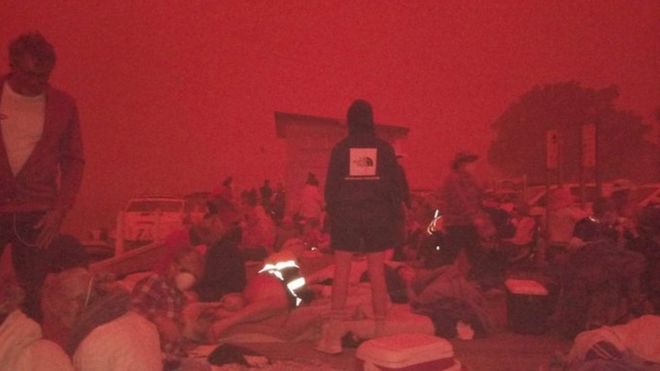 PETER HOSKIN
PETER HOSKIN
Thousands of people have fled into the water at a beachside town in Australia to seek shelter from a massive bushfire bearing down on the area.
Residents said the blaze moved into the Victorian town of Mallacoota on Tuesday morning, throwing embers towards homes.
Online, people reported the "roar" of the fire and posted pictures of a black and then deep-red sky.
Several popular holiday spots along the coast between Sydney and Melbourne are currently under threat from bushfires.
The most serious "emergency-level" blazes span a 500km (310 miles) stretch from Batemans Bay in New South Wales (NSW) to Bairnsdale in Victoria.
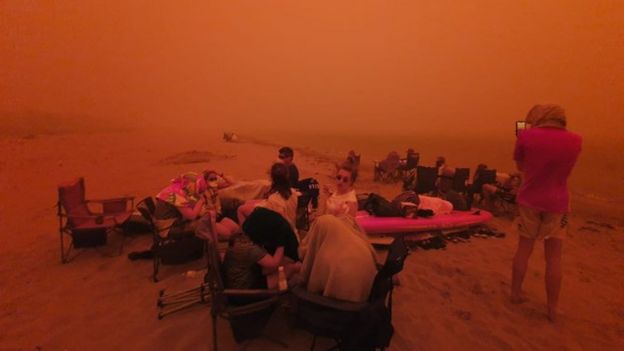 ALASTAIR PRIOR
ALASTAIR PRIOR
Residents in several NSW beachside communities, including Bermagui and Batemans Bay, have also been evacuated to the water.

- Are you affected by the fires? Let us know by emailing haveyoursay@bbc.co.uk

Authorities had told people in these regions - many of them tourists - to stay put because it was too late and dangerous to evacuate.
The major road in the region - the Princes Highway - has been closed off.
Victoria's Premier Daniel Andrews said authorities held concerns for four people missing in the region.
"We do have real fears for their safety. They've been in active fire environments and we can't account for them," he told reporters on Tuesday.
What is happening in Mallacoota?
"Mallacoota is currently under attack at the moment," said Victoria's state emergency commissioner Andrew Crisp on Tuesday. He reported there were "4,000 people on the beach".
"It is pitch-black, it is quite scary... the community right now is under threat but we will hold our line and they will be saved and protected."

On social media, locals reported they had boarded small boats in the water, or had huddled in their fortified homes as the fire swept through the town.
Crews are fighting to protect lives rather than buildings, locals said. Several homes in the town are already believed to have been destroyed.
Mr Crisp said there had been "significant property losses" across the entire East Gippsland region in the past days.
Searing mid-40Cs heat combined with strong winds and lightning had triggered more than 200 new fires across the state in the past 24 hours.
They have fuelled the rapid expansion of existing fronts, with several blazes so large they are generating their own thunderstorms and lightning.
It is another escalation in the nation's bushfire crisis which has seen hundreds of massive blazes destroy millions of hectares in the eastern states since September.
At least 10 people have died, among them civilians and three volunteer firefighters.
Firefighter death
It was a "freakish weather event" that killed a volunteer firefighter on Sunday, according to the New South Wales Rural Fire Service (RFS).
Powerful winds near the New South Wales-Victoria border lifted his 10-tonne truck off the ground and flipped it over, the service said.
Samuel McPaul, 28, was a newlywed who was expecting his first child.

Earlier in December, two volunteer firefighters died while battling a blaze near Sydney.
"To lose one of our own in such extraordinary circumstances is just tragic," said RFS Commissioner Shane Fitzsimmons of the latest death.
- The sacrifices of Australia's unpaid firefighters
- Sydney NYE fireworks to go ahead despite protests
- A visual guide to Australia's bushfire crisis
Mr McPaul died at the scene, while the driver received minor burns and a third person suffered more serious burns.
A second vehicle was also blown over in the same area and the firefighters on board were taken to hospital, the service said.
Meteorologists say a climate system in the Indian Ocean, known as the dipole, is the main driver behind the extreme heat in Australia.
Temperatures exceeded 40C (104F) in every state at the start of the week, with strong winds and lightning strikes bolstering the flames.
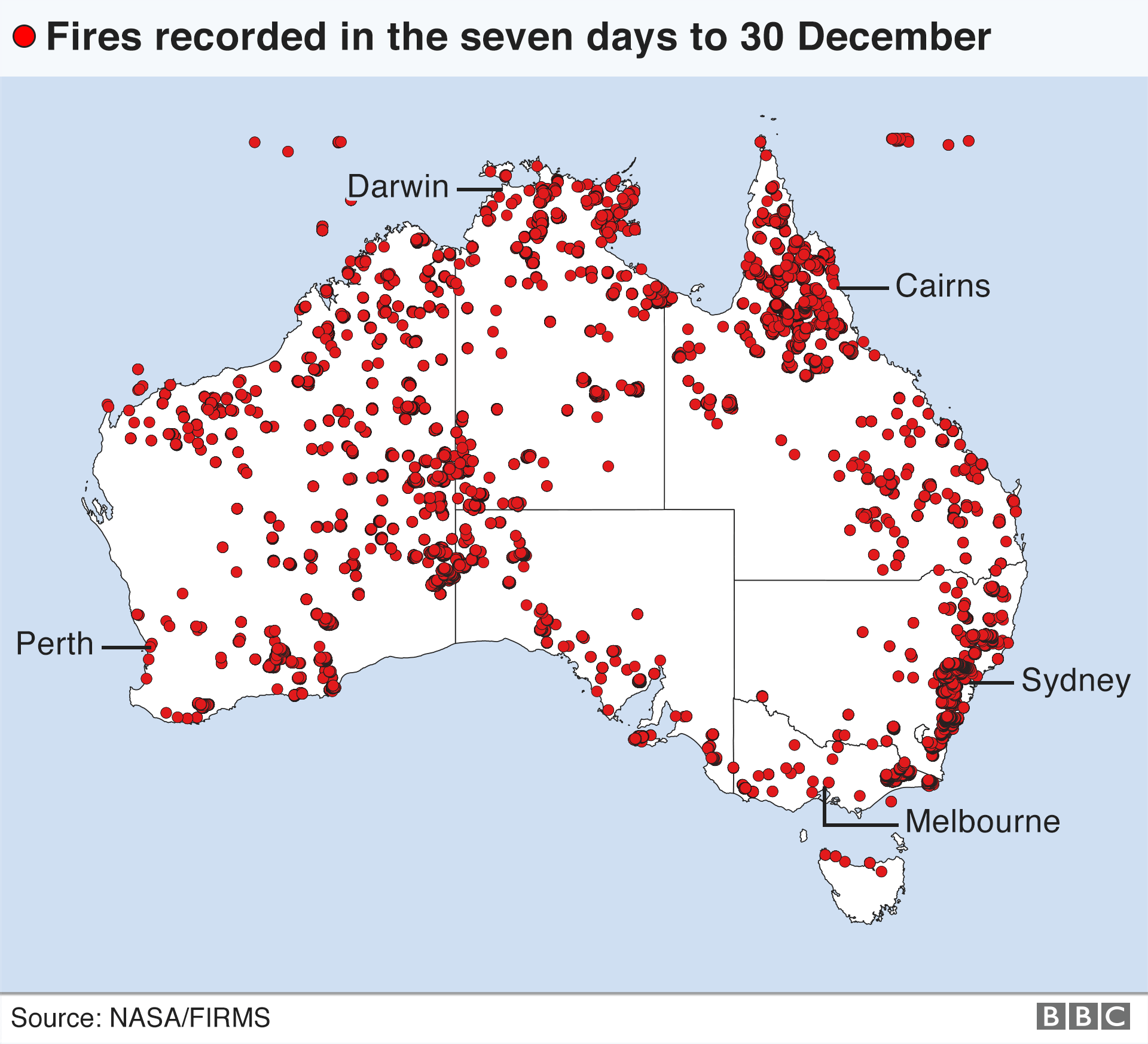
Have you been told to evacuate? Email haveyoursay@bbc.co.uk.
Please include a contact number if you are willing to speak to a BBC journalist. You can also contact us in the following ways:
- WhatsApp: +44 7756 165803
- Tweet: @BBC_HaveYourSay
- Send pictures/video to yourpics@bbc.co.uk
- Upload your pictures / video here
- Text an SMS or MMS to 61124 or +44 7624 800 100
- Please read our terms & conditions and privacy policy
Or use the form below
- How do you fight extreme wildfires?
- Australia fires: Crews brace for dangerous heatwave
- Australia fires: A visual guide to the bushfires and extreme heat
- Why Australia's PM is facing climate anger amid bushfires
- How is Australia tackling climate change?
- Air quality: How bad is Sydney's smoke for health?
Australia
Sydney NYE fireworks to go ahead despite protests
- 30 December 2019
- Australia
'Look at the air... tourism is way down'
- 27 December 2019
- Australia
Australia bushfire volunteers to get compensation
- 28 December 2019
- Australia
Features
Elsewhere on the BBC
Football phrases
15 sayings from around the world




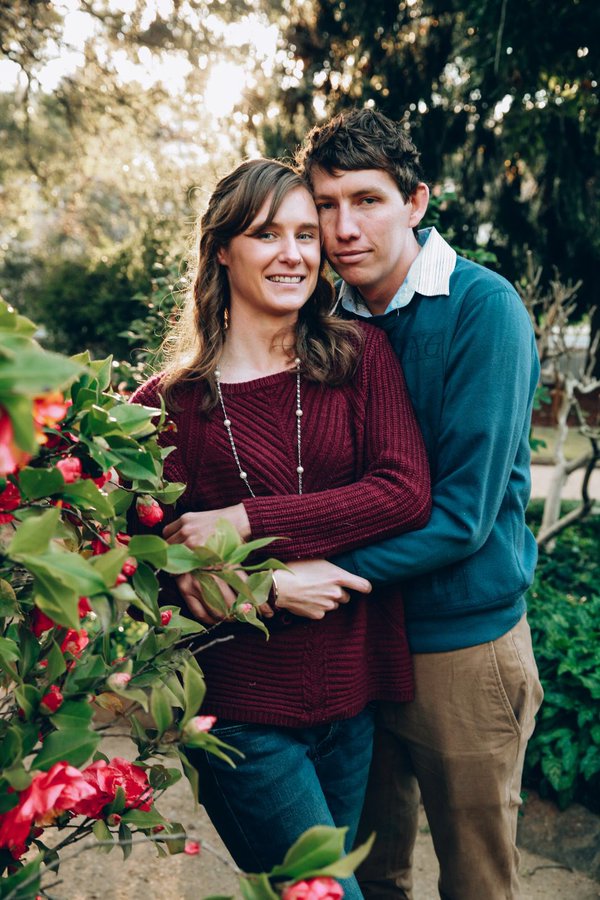

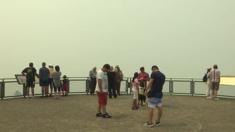
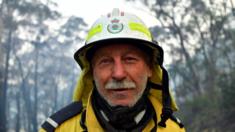

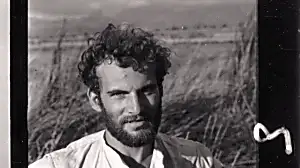

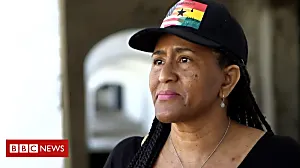
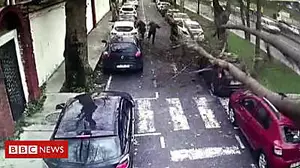
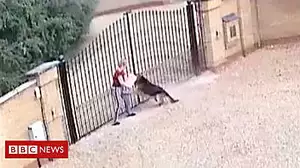






![[Photos] T-Shirts That Went Totally Wrong [Photos] T-Shirts That Went Totally Wrong](https://images.outbrainimg.com/transform/v3/eyJpdSI6IjQwYzIzYTk2NTMwYTRmNGRmZDA4OTlkMzhkNDQwNGJkNGExYjc4YWRjYmE4ZTQ3MTRjNWE4MzVlMzExOWIyNzIiLCJ3IjoxNjAsImgiOjkwLCJkIjoxLjUsImNzIjowLCJmIjo0fQ.webp)
![[Photos] Is This The Dangerous Animal In The World? [Photos] Is This The Dangerous Animal In The World?](https://images.outbrainimg.com/transform/v3/eyJpdSI6IjY2NzkyZDM5NGE3YTc3ZmE5MTk2YjFiZDc1NTE0ZWU1Mzk2YTdjMWQzYzMyNTQ3N2Y0Zjg3NzZiMjA5NWU5OGQiLCJ3IjoxNjAsImgiOjkwLCJkIjoxLjUsImNzIjowLCJmIjo0fQ.webp)
![[Photos] Dog Breeds You Should Avoid Bringing Into Your Home [Photos] Dog Breeds You Should Avoid Bringing Into Your Home](https://images.outbrainimg.com/transform/v3/eyJpdSI6ImJlNDZiMDY1ZWUzZmQxZmUwM2Y2Y2E5NTQ4NjFhMzljYzU3NTBhM2Q3NzljZmUzZWUyY2EzZmZjNzA5YWJhMDUiLCJ3IjoxNjAsImgiOjkwLCJkIjoxLjUsImNzIjowLCJmIjo0fQ.webp)
![[Pics] She Was A Legendary Actress - Today She Works 9 To 5 [Pics] She Was A Legendary Actress - Today She Works 9 To 5](https://images.outbrainimg.com/transform/v3/eyJpdSI6IjhlZWNkNDliNzBlYzgyZTk0Nzg0MDhmNDI1NGQzMjQwNWVkZGZkOTNmMDNkOTk3ODk4NmEzMzEyZDBhM2YxMDUiLCJ3IjoxNjAsImgiOjkwLCJkIjoxLjUsImNzIjowLCJmIjo0fQ.webp)



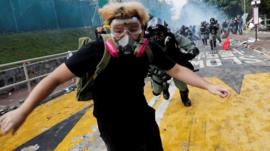
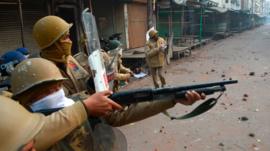





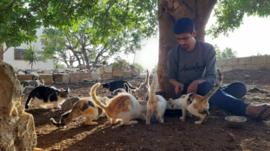

No comments:
Post a Comment